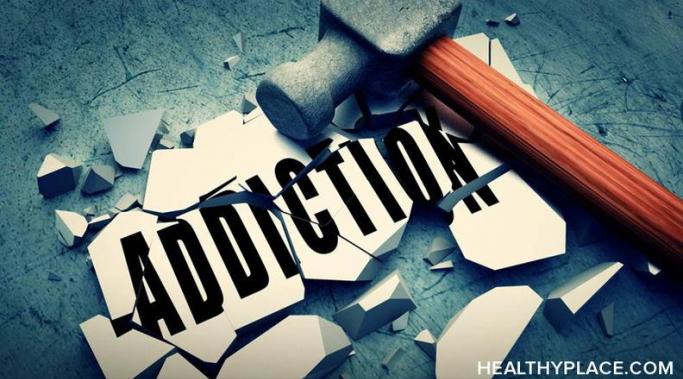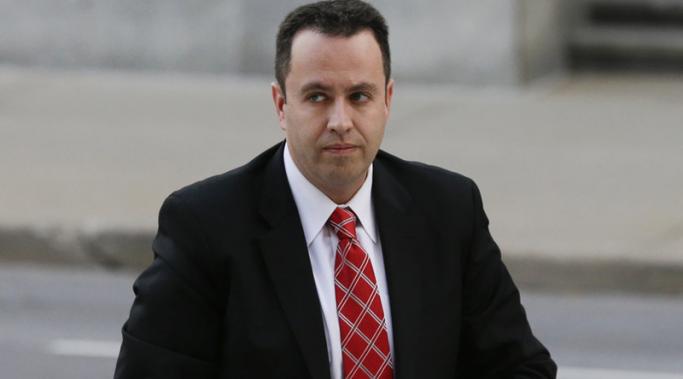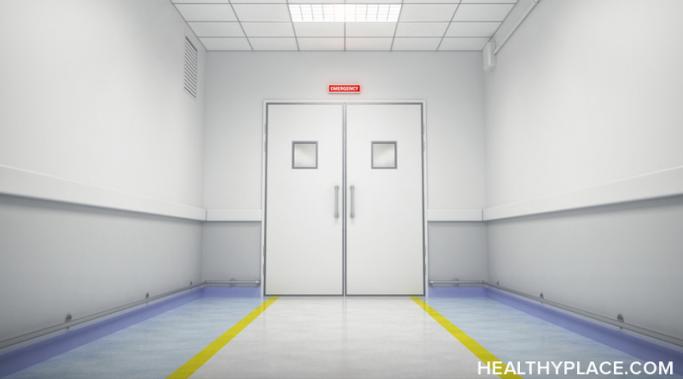Do you know how gut health affects mental health? We know that mental health and physical health aren't separate concepts. But still, it came as a slight surprise when my psychiatrist said that gastroenterologists call the gut "the second brain" because it has such a powerful impact on one's mental health. For example, constipation (a side effect of many psychiatric medications) can cause the body to kick into fight-flight-freeze mode, which causes racing thoughts, fear, and panic. So it is important to know how gut health affects mental health.
Recovery Videos
The closure of mental health treatment facilities is often a disaster for the patients being treated there (Inpatient Mental Health Treatment Facilities: Who Needs One?). When an abusive mental health treatment facility in Indianapolis closed, the patients flooded the city's low-income housing. The success stories still have apartments. The rest of the patients are either in jail, another institution, or dead. The closure of mental health treatment facilities must be done in a very careful fashion.
Addiction relapse prevention includes playing that tape to the end. Drug addiction is a difficult thing to live with; our brains often want to relapse. We have a tape in our heads that remembers the "fun" we had in active addiction--the rush of the substance, the camaraderie we felt with other users, and so forth (The Allure Of The Addiction Culture And Lifestyle). In my Alcoholics Anonymous group, we have a saying--play that tape to the end. his is how it works.
Do you know how community service affects psychiatric symptoms? It's a paradox--serving others is ultimately one of the best things you can do for yourself (Volunteering To Build Self-Esteem). Community service affects psychiatric symptoms with a healing power that should not be overlooked. Community service affects psychiatric symptoms by helping a person realize that his/her problems are not as catastrophic as he/she might believe, that he/she can make a difference in the world, and that love is one of the most powerful forces on earth.
Is Jared Fogle mentally ill? I live in Indianapolis, where the debacle has been extremely high-profile. Fogle plea-bargained to charges of traveling to engage in illicit sexual conduct with a minor and distribution and receipt of child pornography and will serve jail time (Pedophiles on the Web). During the press conference that was, unfortunately, near my bus stop, Fogle's attorneys claimed he had "a medical problem." After my initial disgust and rage, I realized that they are technically correct. Pedophilia is a recognized mental disorder. But how much of the blame is on Fogle and how much of it is mental illness? Is Jared Fogle really mentally ill?
What are the housing rights of people with mental illness? I was informed on Tuesday that I have to move due to my apartment building being infested with roaches, bedbugs, and mice (One of whom I've named Boo because he pops up when and where I least expect him--seriously, Boo, on my Wii U's power cord?). As I've searched for a place to live, I have discovered answers to the question "What are the housing rights of people with mental illness?" I discuss three rights in this video.
Professionalism is one reason why we shouldn't be afraid of secular (non-religious) counselors. When the Duggar family discovered their son Josh was molesting his sisters and a family friend, they considered going to the police until a family friend told them "government" programs were not a good way to treat Josh's sexual misconduct (What Is Rape? Was I Raped?). As a result, rather than sending Josh to a competent therapist, they sent him to build houses for a few months. Sadly, fear and mistrust of secular counselors is common in the religious community. This mistrust stems from the belief that social workers will take your children away if you spank them or that the therapist will be hostile to a person's faith. Therapists are even derogatorily referred to as "alphabet soup," but we shouldn't be afraid of secular counselors.
How do you explain mental illness? How do you explain a brain disorder to a person who has no experience with psychiatric disorders? What can you say to make other people understand that mental illness is just that--an illness that affects the mind? Here are my tips on how to explain mental illness.
Taking a moral inventory when you have borderline personality disorder (BPD) can be daunting. Step four of Alcoholics Anonymous (AA) is "a searching and fearless moral inventory." This can be terrifying and difficult for a person with a co-occurring diagnosis of substance abuse and BPD. How do I overcome my black-and-white thinking and see myself as a person with character strengths and weaknesses? How do I remember that I'm a sick person who has made bad choices and not a fundamentally bad person? How do I, as a person with BPD, take a fearless moral inventory?
Through my years of mental illness treatment, I've identified three things that everyone with a mental illness should know. I was diagnosed with a mental illness the summer after my freshman year of college. I was relieved to finally know what was happening to me and felt considerably better once I started medication. But I had many questions, and few answers. And I would encounter many confusing things on my journey toward mental health, ranging from stigma to what the best course of treatment was. Along the way, I learned three things that everyone with a mental health diagnosis should know.









